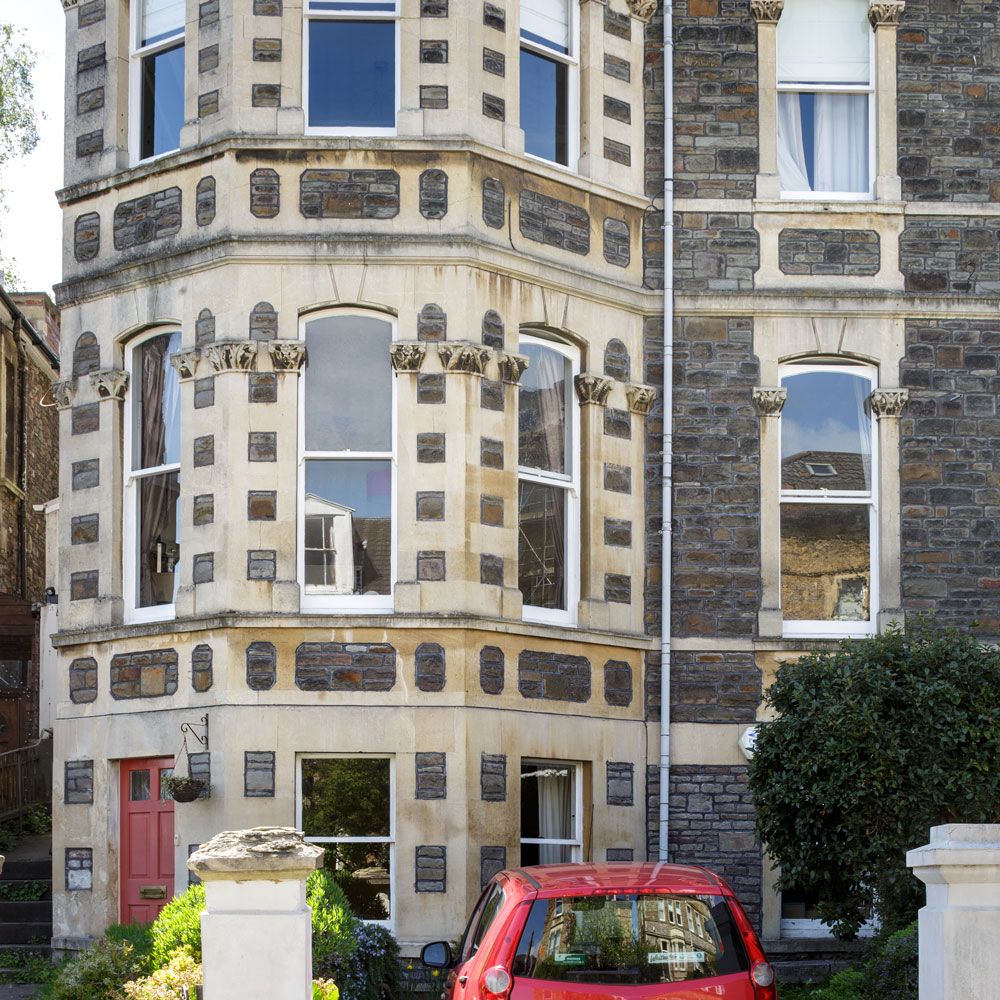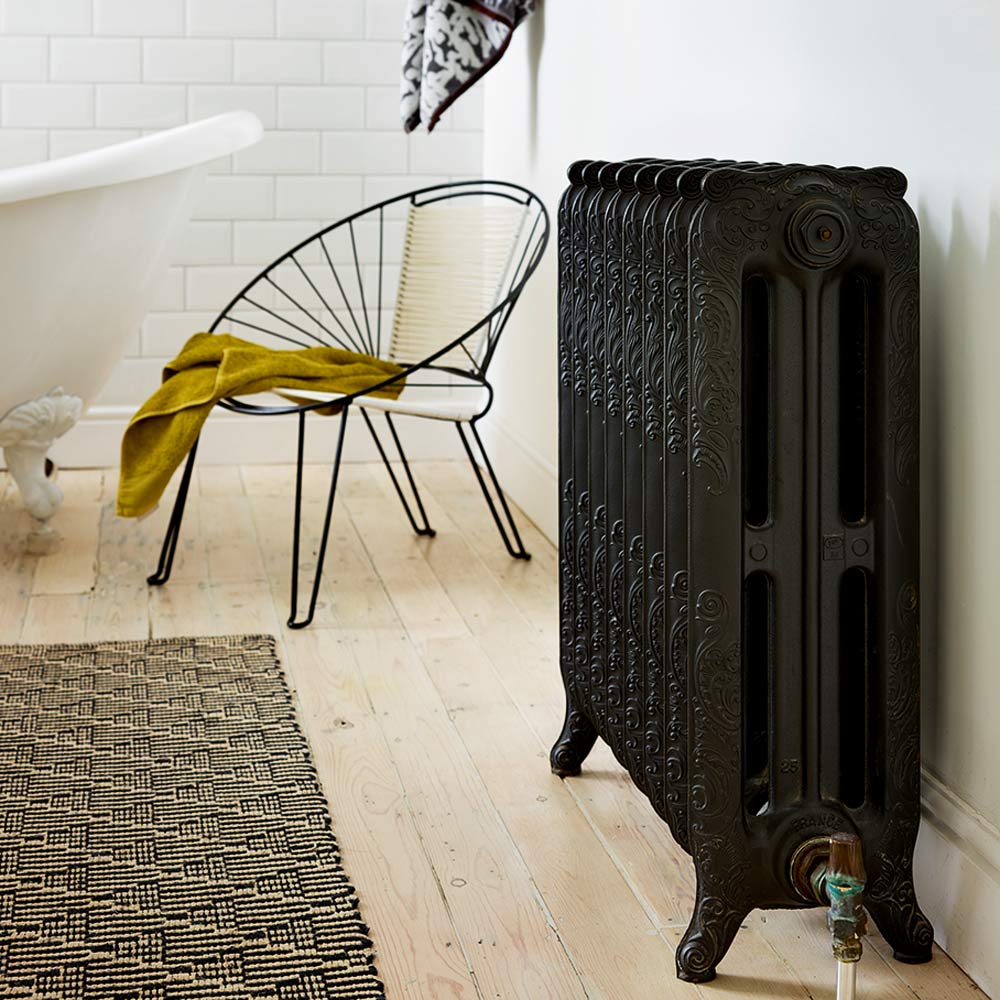Grants for homeowners – a guide to what's available
If you need financial assistance when it comes to your home, there are a range of grants for homeowners on offer than could help
A variety of grants for homeowners can help improve the energy efficiency of their properties – here’s how to claim them.
As the energy crisis and soaring prices push up the cost of household bills, it has never been more important to find ways to save money. Tightening your belt could help, but don’t miss out on hundreds, or even thousands, of pounds worth of home improvement loans and grants if you’re eligible.
This is free money, so find out what you could be in line for. Some grants are aimed at people on lower incomes. But several generous financial incentives for switching to renewable energy and energy-efficient systems are available to all.
Grants for homeowners
‘Each day we hear about the rising cost of living. And increasingly there are people who are struggling to afford to pay their essential bills,’ says Louise Prior, director of membership propositions at Nationwide.
‘For some, pride will stop them asking for help, but often it’s a lack of awareness of the support on offer. There are a number of grants available to help people with their finances, including the warm home discount. However, you don’t have to be in financial difficulty to benefit from a grant, as schemes are also available in areas such as making green home improvements.’
Often, grants for homeowners vary depending on where you live. Some are available through your local authority, or energy supplier. Even government schemes differ between England, Wales, Scotland & Northern Ireland. So where do you start? Here’s the lowdown.

Boiler Upgrade Scheme
Thinking of replacing an old boiler with a low-carbon heat pump? If you can wait until April 2022, the government will be offering homeowners £5,000 towards the cost of air and ground heat pumps. It’s part of a £3.9 billion project to make all heating systems low-carbon in England and Wales by 2035.
Get the Ideal Home Newsletter
Sign up to our newsletter for style and decor inspiration, house makeovers, project advice and more.
The scheme will operate on a first-come-first-served basis. Payments for 30,000 heat pumps are going to be offered each year for three years (not that it’s not available on new build properties).
With an average outlay of around £10,000-12,000 (including installation) for a heat pump, the idea is to bring the cost in line with, or lower than, a boiler.
If you can’t wait until April, there are already grants towards renewable heating systems. This is through the government’s Domestic Renewable Heat Incentive.
Renewable energy grants
The Domestic Renewable Heat Incentive (Domestic RHI) is a grant that’s open to households in England, Wales and Scotland who use gas (on or off mains), oil or coal and want to switch to renewables.
‘Heat pumps can be a good option because of their high energy-efficiency. This puts less strain on the grid and results in low running costs,’ says Adam Scorer, chief executive of National Energy Action. ‘Due to the way they work, heat pumps are most effective in homes which are already well insulated.’
It’s worth applying if you’re considering biomass boilers and also to look into grants for solar panels. There are certain caveats, and you need to use approved installers. But if you meet the requirements you can reap hefty financial rewards (thousands of pounds) paid over seven years.
You’ll need an Energy Performance Certificate (EPC). There is an online calculator where you can see what you could receive back before you apply.

Free insulation
If anyone in your home is claiming benefits (including a pension), you may be able to get some financial help with energy-efficiency improvements through the Energy Company Obligation scheme.
The government place an obligation on the largest energy suppliers. It will support customers with energy-efficiency improvements, such as cavity wall insulation or roof and loft insulation.
Check your eligibility and any schemes available in your area at Simple Energy Advice.
If you’re not eligible, you can still save money by ensuring your home is energy-efficient. According to National Energy Action, when the energy price cap lifts next April, fuel bills could jump by £400-600 per year for many households.
‘We’re more exposed to the current gas price crisis in the UK as we use more gas to achieve the same level of heating than more efficient homes elsewhere,’ says Adam Scorer of the NEA. ‘Energy-efficiency has a huge influence on fuel poverty and our efforts to achieve net zero.’
Winter fuel payments
As the temperature drops, people naturally use more gas and electricity, especially if they are at home during the day. So this grant is available to those who were born on or before 26 September 1955.
If you’re receiving the state pension or claiming another social security benefit (not Housing Benefit, Council Tax Reduction, Child Benefit or Universal Credit) you could get between £100 and £300 towards your heating bills.
In theory, you’ll receive the payment automatically, usually in November or December. But if you’re concerned, double check your entitlement.

Cold Weather Payment
There are grants for homeowners who are receiving pension credits or other benefits. It is available when the average temperature in your area drops to zero degrees celsius, or below, for seven consecutive days. It can cover any seven-day period of freezing weather between 1 November and 31 March. If this happens you can receive £25 for each day.
‘With finances pressured as the cost of living rises, it’s important to check whether you're entitled to any grants or extra payments, as they may help you to meet your financial commitments,’ says Andy Shaw, a policy officer at StepChange.
‘People on lower incomes and those living with disabilities should ensure they’ve accessed all grants available to them, as they may find there are more options than they’re aware of.’
Warm Home Discount Scheme
The Warm Home Discount Scheme is a one-off discount of £140 off of your electricity bill between October and March.
To qualify you need to be receiving pension credit or certain means-tested benefits, on a low income or using a pre-pay or pay-as-you-go electricity meter.
In addition, your electricity supplier needs to be signed up to the scheme (the majority are). This is because they decide who gets the discount. There are a limited number of discounts available. So, check with your supplier as early as possible to see if you’re eligible and how to apply.

Home Repair and Maintenance Help
There are different grants for homeowners available dependent on your situation. If you’re elderly, disabled or on a low income, your local Home Improvement Agency (HIA) may be able to help with home repairs. This includes putting up curtains and shelves, fixing dripping taps and other odd jobs.
‘It’s useful to check with your local authority in the first instance as provision can differ depending upon where you live,’ says Andy Shaw of StepChange.org. Age UK also offers a handyperson service throughout much of the UK.
Its services differ between areas, and there is a charge. But generally they cover small repairs, energy-efficiency checks such as installing radiator reflectors and draught-excluders, home security measures such as window locks and door chains. Plus safety measures, such as fitting carbon monoxide detectors. They’ll even change light bulbs if need be.
Disability assistance
If you’re disabled, or have a child under 18 who is, and need to make changes to your home, you may be able to get a Disabled Facilities Grant from your local council. Changes covered include widening doors and installing ramps, improved access to rooms and facilities, such as bathrooms and stairs. Or adapting heating and lighting systems to make them easier to use.
The amount you receive depends on your income and any savings (unless it’s for a child). You can make the application through your local council and it’s important to wait for approval before starting the work. When the work is finished and the council is happy with it, they will generally either pay the contractor or give you a cheque to pass onto them.
Jacky Parker is a freelance interiors & lifestyle journalist, specialising in modern interiors, design and eco living. She has written for Future’s interior magazines and websites including Livingetc, Homes & Gardens, Country Homes & Interiors and Ideal Home for over fifteen years, both as a freelance contributor and inhouse, with stints as Acting Digital Editor, Livingetc and Acting Style Content Editor, Country Homes & Interiors. Her work also features in national and international publications including Sunday Times Style, Telegraph Stella, The Guardian, Grand Designs, House Beautiful and more. With years of experience in the industry Jacky is privy to the insider view and the go-to places for interior inspiration and design-savvy décor.
-
 15 ways to add kerb appeal to your home – experts share what really works for a stylish first impression
15 ways to add kerb appeal to your home – experts share what really works for a stylish first impressionMake your home's exterior pop with these ideas
By Jenny McFarlane
-
 Aldi is selling a robot lawn mower for under £200 - it's one of the cheapest on the market
Aldi is selling a robot lawn mower for under £200 - it's one of the cheapest on the marketI never thought I'd see 'Aldi' and 'robot mower' in the same sentence...
By Kezia Reynolds
-
 Hot water taps are the best way to level up your kitchen island in 2025 - these kitchen experts explain why you need one
Hot water taps are the best way to level up your kitchen island in 2025 - these kitchen experts explain why you need oneI asked kitchen experts exactly how you can add one to your island retrospectively
By Natasha Brinsmead
-
 You can claim back over £300 a year from HMRC if you work from home - here’s how to check if you’re eligible
You can claim back over £300 a year from HMRC if you work from home - here’s how to check if you’re eligibleWhen it comes to saving, every little helps
By Kezia Reynolds
-
 Experts have revealed the best day to renew your home insurance policy - you’ll want to do it sooner rather than later
Experts have revealed the best day to renew your home insurance policy - you’ll want to do it sooner rather than laterDon't leave this task at the bottom of your to do list
By Kezia Reynolds
-
 Is a variable rate mortgage ever a good idea? Experts weigh in
Is a variable rate mortgage ever a good idea? Experts weigh inOur money expert explains what a variable rate mortgage is, who they can be good for, and the pros and cons of this kind of mortgage
By Samantha Partington
-
 I’m a first-time buyer, what are my chances of getting a mortgage right now?
I’m a first-time buyer, what are my chances of getting a mortgage right now?And what you can do to increase your odds
By Rachel Wait
-
 Should you ever pay above the asking price for a home?
Should you ever pay above the asking price for a home?Our money expert explains whether you should ever pay over the asking price for a home, especially if house prices fall as predicted
By Samantha Partington
-
 Should I fix my mortgage and how long should I fix for?
Should I fix my mortgage and how long should I fix for?We speak to the experts to find out whether you should fix your mortgage and how long for as well as the impact further interest changes could have on your decision
By Samantha Partington
-
 We put your mortgage questions to two leading experts, here's what they said
We put your mortgage questions to two leading experts, here's what they saidAs mortgage panic continues, we've answered the most common questions - from when mortgage rates will come down, to when you actually have to pay stamp duty
By Samantha Partington
-
 'My mortgage is set to skyrocket - what should I do?' 5 potential solutions from a money expert
'My mortgage is set to skyrocket - what should I do?' 5 potential solutions from a money expertIf you're facing higher mortgage costs, our money expert explains various courses of action you could take to ease the pressure
By Samantha Partington